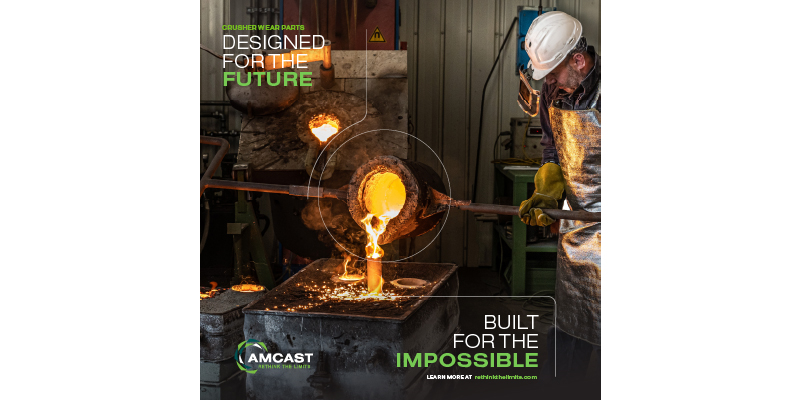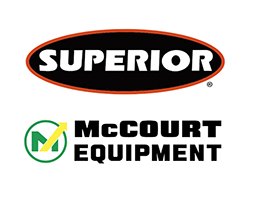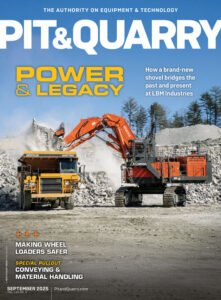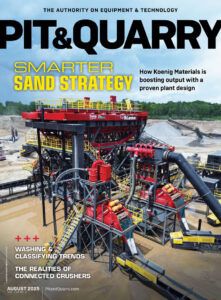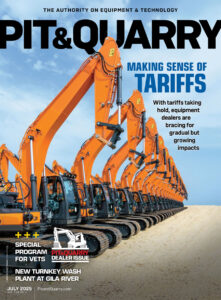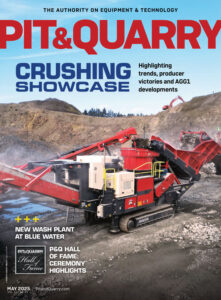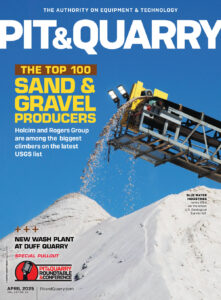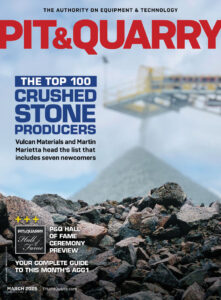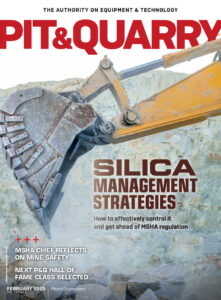Companies don’t reach their 75-year milestones by sitting still.
Sunrock, which is celebrating this special anniversary in 2024, has seemingly always been on the move. From integrating vertically to shifting and expanding into new markets, family-owned and -operated Sunrock has long embraced change.
“The only thing you can depend upon is change,” says Bryan Pfohl, chairman of Carolina Sunrock, Sunrock Group Holdings Corp. and Sunrock Canada. “It’s going to happen.”
Sunrock’s origins
Change ultimately presented Joseph, Fidelis and Paul Pfohl with an opportunity 75 years ago to start the company that evolved into the modern-day Sunrock. As Bryan Pfohl describes, a soaring U.S. population following World War II fueled new demand for infrastructure.
Such demand was rampant in Buffalo, New York, where the Pfohl family operated a hog farm ahead of the war.
“Buffalo was exploding,” Pfohl says. “The housing business after the war changed. The development of Buffalo was astronomical, plus it had an enormous amount of heavy industry.”
Lancaster Stone Products Corp. emerged after the three Pfohl brothers opened their first quarry in Buffalo.
“Instead of raising hogs, they tried something different,” Pfohl says. “They started off as contractors and needed materials. They found a source of materials, gave up the contracting and concentrated on materials.”
Going south
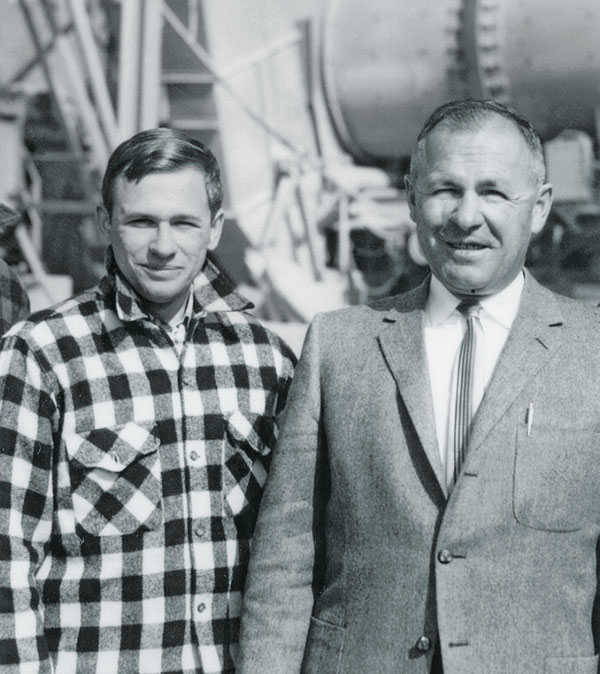
Lancaster Stone Products diversified into hot-mix asphalt in its early years, and it expanded to a series of construction materials sites in the 1960s and 1970s.
Pfohl, who represents the second generation of Sunrock’s family leadership, took over as chairman in 1980. The company expanded into North Carolina five years later, opening a quarry in Butner that served the Raleigh-Durham market.
The decision to expand into the Southeast was one of the most consequential ones of Pfohl’s tenure. And while this year is Sunrock’s 75th in business overall, it’s also the company’s 40th doing business in North Carolina.
“Forty years in North Carolina is a special thing because we made a large decision to go elsewhere, try something different and it worked,” Pfohl says. “We’re pretty proud of that success.”
The Raleigh-Durham market Pfohl ventured into was vastly different than the one he originally learned in western New York. But even Raleigh-Durham has changed since Sunrock first set foot in the Tar Heel State, he says.
“When we came here, there were about 5 or 5.5 million people here,” Pfohl says. “Now, I believe there’s over 12 million.”
Pfohl says North Carolina’s culture has changed over the years, as well.
“A lot of businesses want to locate here to take advantage of the university system our state offers,” he says. “It’s also important to note that the Raleigh area is the only place in the country where there are three Tier 1 universities in the same place. It’s become a breeding ground for knowledge and diversity.”


